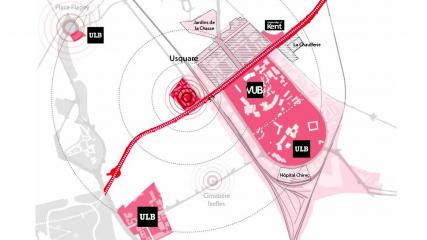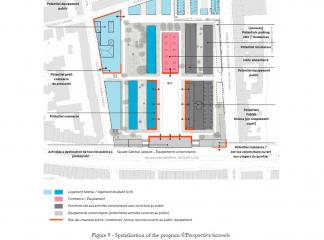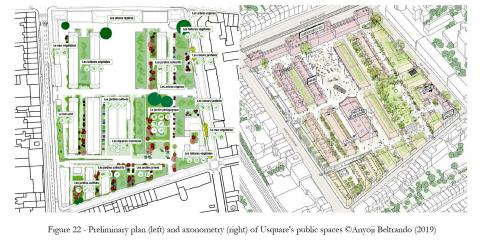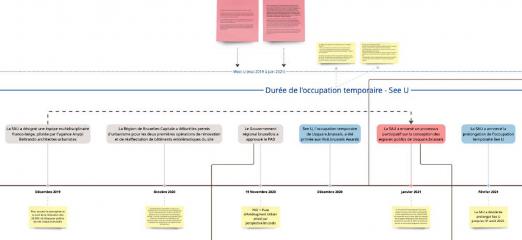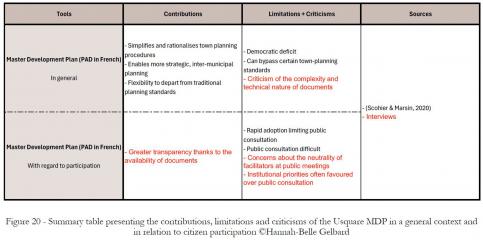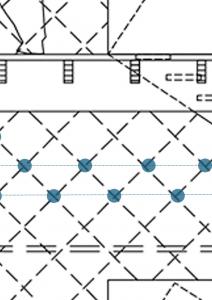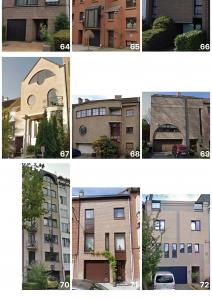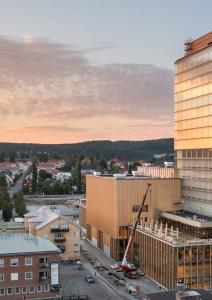Participation in Programmatic Construction Process
The Usquare Site case
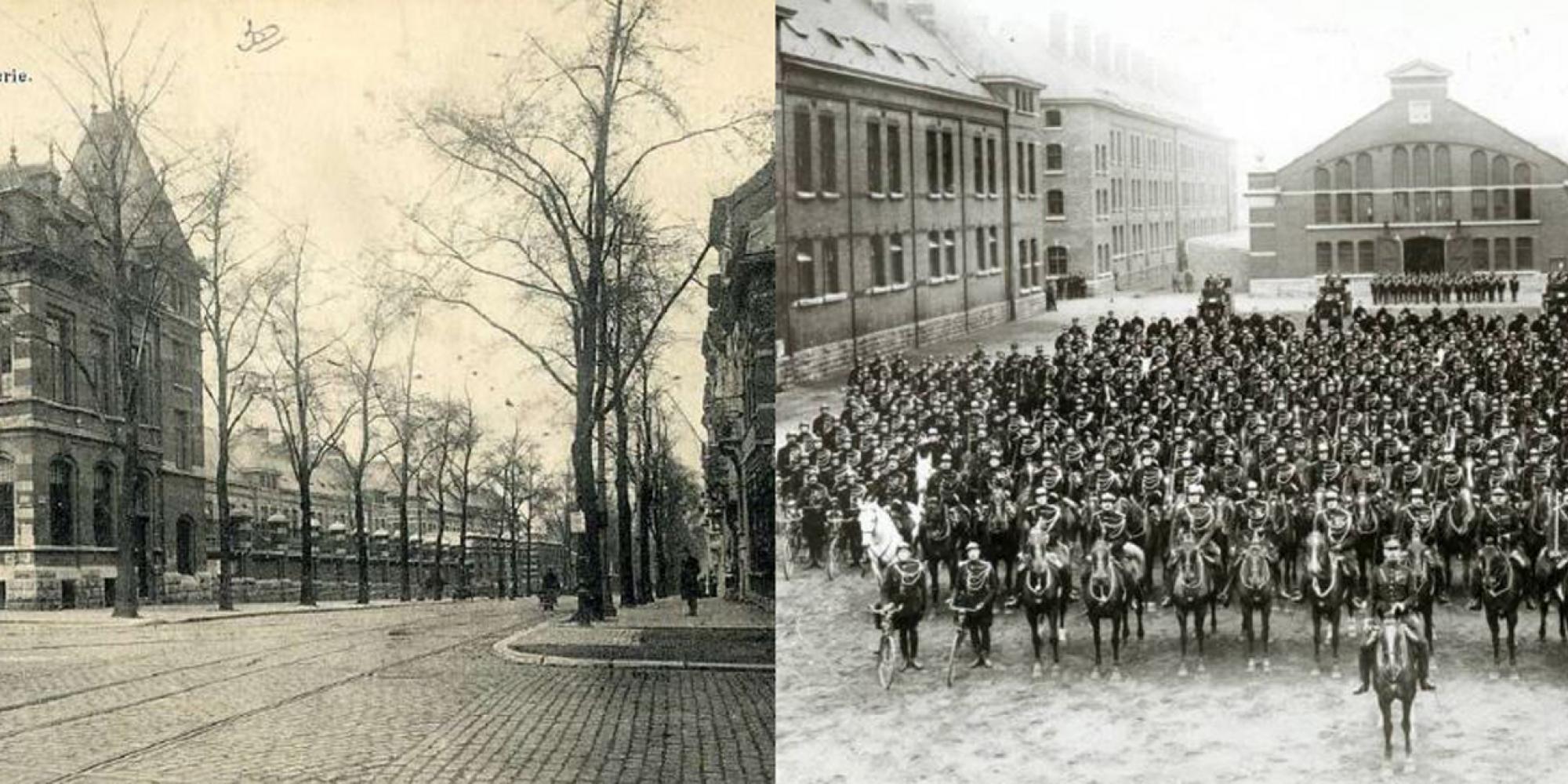
What type of citizen participation was put in place in the program construction process for the Usquare project?
This thesis examines the role of citizen participation in the programmatic construction process of the Usquare project in Brussels, a significant urban regeneration initiative aimed at transforming the historic Ixelles barracks into a vibrant and inclusive neighborhood. The research investigates how participatory approaches were applied throughout various phases of the project, including the Master Development Plan (MDP), the temporary occupation period, and the design phase of public spaces. The study is based on a combination of systematic documentary analysis, semi-structured interviews with key stakeholders directly involved in the project, and detailed mapping of the programmatic process.
The findings highlight the complexity of integrating citizen participation into urban planning, especially within a multi-stakeholder context. The research reveals that citizen engagement can lead to more socially responsive, economically viable, and environmentally sustainable urban projects by ensuring that development aligns closely with the community’s needs and aspirations. However, it also uncovers significant challenges, including the difficulty of balancing diverse and sometimes conflicting viewpoints, ensuring transparency and maintaining neutrality in the decision-making process, the risk of participation being symbolic rather than substantive, and the potential for power imbalances among stakeholders to undermine genuine inclusivity. Although the Usquare project demonstrates that participatory processes can contribute to fostering a sense of ownership and engagement among residents, these outcomes were mixed, reflecting both the potential and the limitations of citizen participation in shaping urban development.
The thesis offers a critical examination of the effectiveness of participatory methods in urban development, demonstrating how these approaches can be strategically employed to better align projects with the needs and aspirations of the community. It identifies the conditions under which participatory planning can achieve its intended outcomes, while also acknowledging the inherent challenges and complexities. By providing a nuanced analysis of these dynamics, the study contributes valuable insights and recommendations that can inform the design and implementation of future urban projects, ensuring they are both responsive to community input and aligned with broader project goals.
- Academic year
- 2024-2025
- Date of defense
- 3 September 2024
- Theme
- theory and criticism in architecture, participative approach, urbanism
- Director 1
- Samia Ben Rajeb (ULB)



